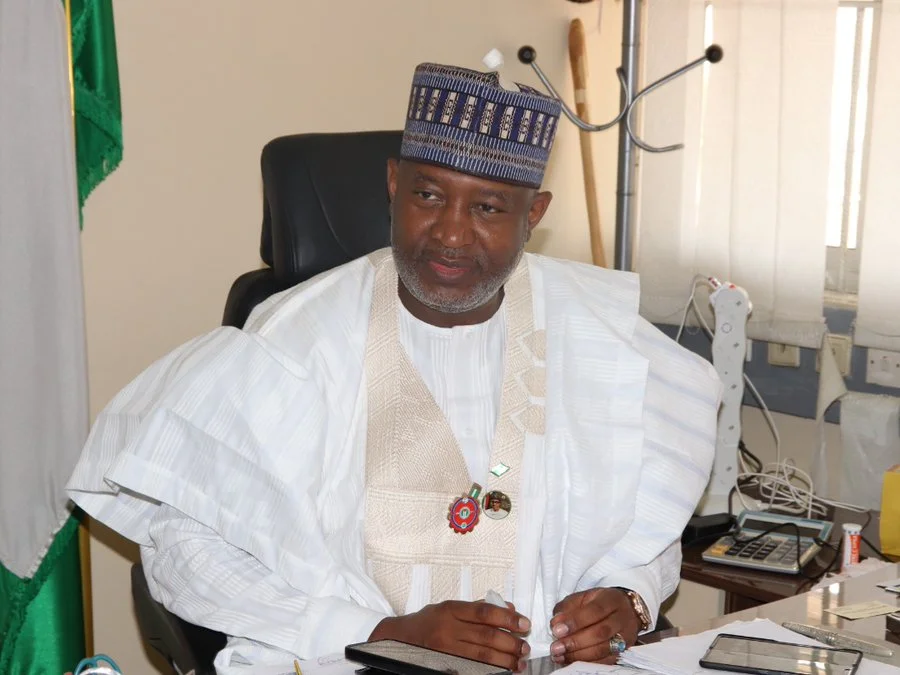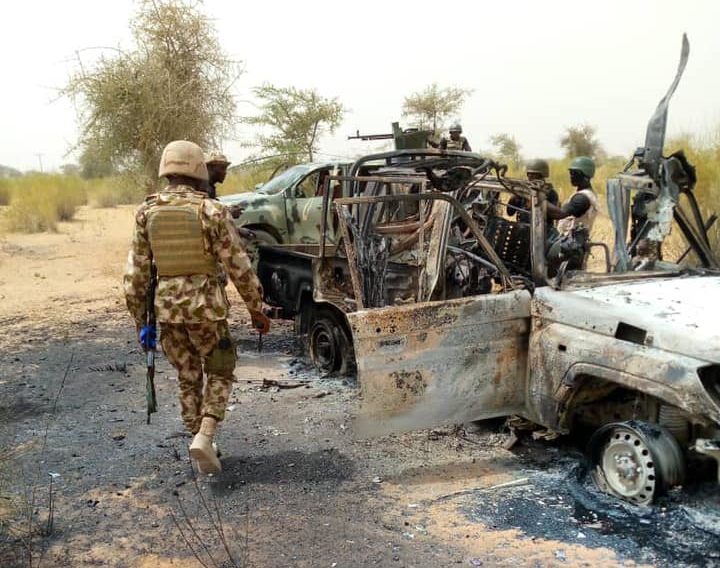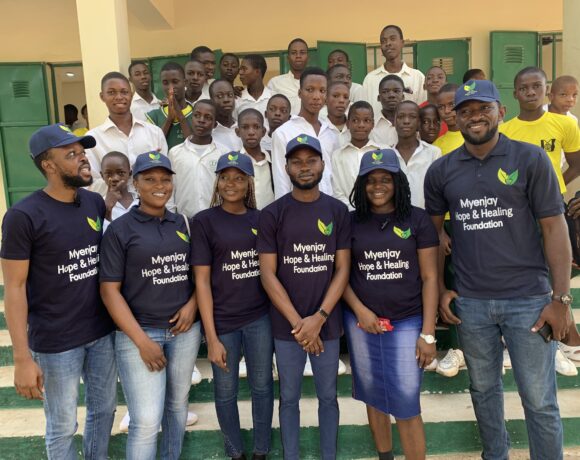When a pope apologizes: observations and lessons

By Daniel Adaji
“So, when you are offering your gift at the altar, if you remember that your brother or sister has something against you, leave your gift there before the altar and go; first be reconciled to your brother or sister, and then come and offer your gift” (Matt. 5:23-24).
History was recently made when his holiness, Pope Francis, visited Canada between Sunday 24 – Friday 29 July 2022. To use his own words, it was a “penitential pilgrimage” to the indigenous peoples: First nations, Métis, and Inuit at Maskwacis. The purpose of that meeting was to apologize on Canadian soil directly and personally to them for the Catholic church’s role in the government funded residential school system.
From 1831, and for more than a century, indigenous children in Canada were separated from their families and the government forced them to attend residential institutions run by Christian churches
From 1831, and for more than a century, indigenous children in Canada were separated from their families and the government forced them to attend residential institutions run by Christian churches. Approximately three quarter of those schools were administered by the Catholic Church up till 1998. Canada’s Truth and Reconciliation Commission in 2015, reported years of ‘physical, sexual and emotional abuse suffered by children in government and church-run institutions.’ Sadly enough, it is estimated that more than 4,000 children who attended those residential schools over several decades died. In September 2021, when Canada observed its first national holiday honoring victims and survivors, the Prime Minister, Justin Trudeau noted that at least 150,000 Indigenous children were impacted across the country.
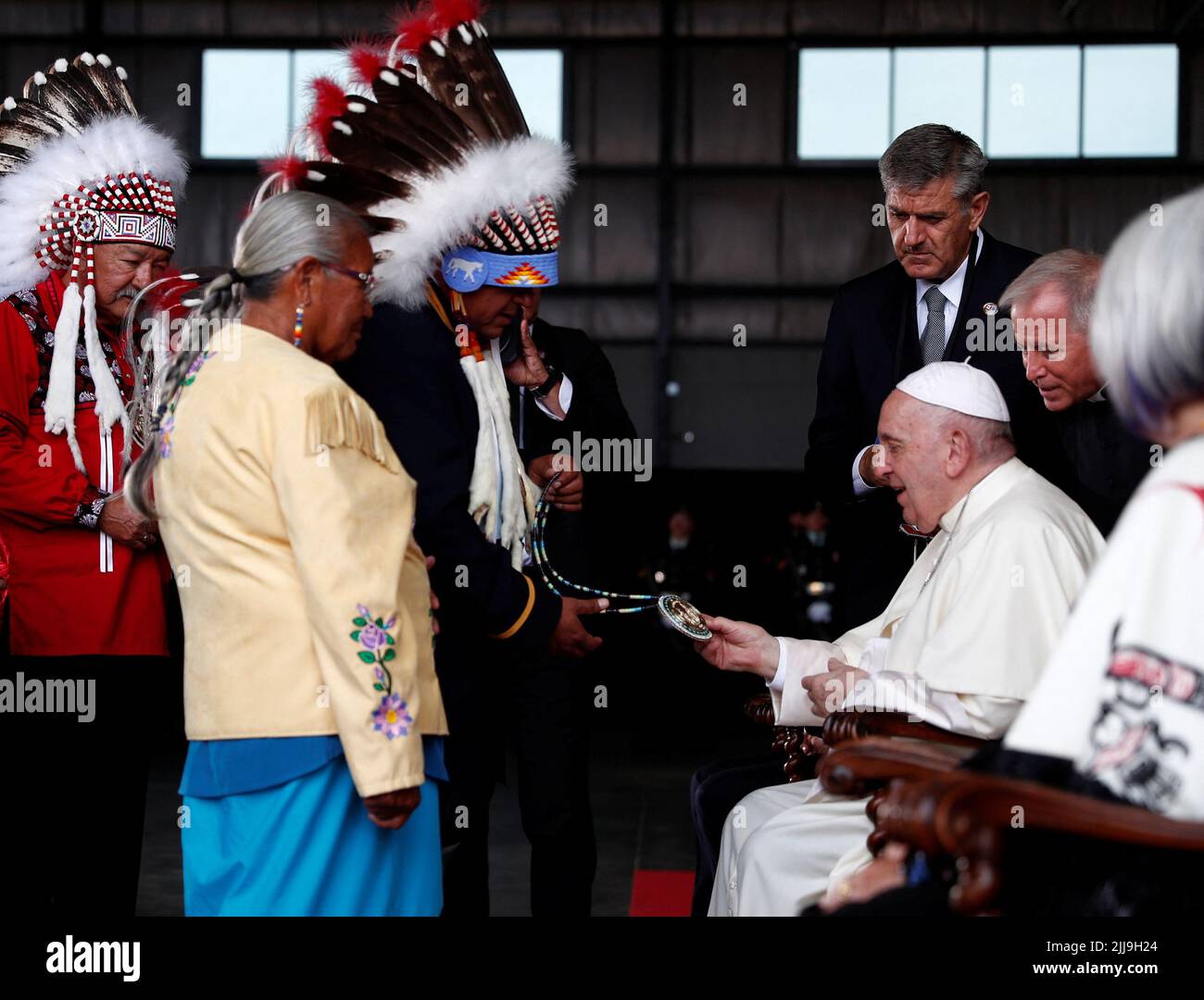
Pope Francis Welcomed in Edmonton international airport. Photo credit: alamy.com
During the initial meeting with the indigenous people, the Pope had this to say: “today I am here, in this land that, along with its ancient memories, preserves the scars of still open wounds. I am here because the first step of my penitential pilgrimage among you is that of again asking forgiveness, of telling you once more that I am deeply sorry. Sorry for the ways in which, regrettably, many Christians supported the colonizing mentality of the powers that oppressed the Indigenous Peoples. I am sorry. I ask forgiveness, in particular, for the ways in which many members of the Church and of religious communities cooperated, not least through their indifference, in projects of cultural destruction and forced assimilation promoted by the governments of that time, which culminated in the system of residential schools. In the face of this deplorable evil, the Church kneels before God and implores his forgiveness for the sins of her children. I, myself wish to reaffirm this, with shame and unambiguously. I humbly beg forgiveness for the evil committed by so many Christians against the Indigenous Peoples.”
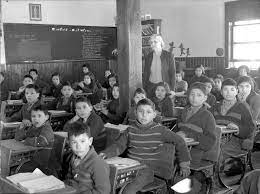
Canada’s Residential School Photo credit:google.earth
Today I am here, in this land that, along with its ancient memories, preserves the scars of still open wounds.
As I watched the holy father, seated on his wheelchair, giving his speech, with the people gathered, it was such a historic moment saturated with emotions of tears, pain, relief, and joy. This was what I could decipher from the faces and dispositions of those who were present. It takes courage, humility, and sincerity to do what he did. He did not go there simply representing himself, but the institution and organization he is leading – the Catholic church. The ‘deplorable evil’ the pope talked about were committed ever before he was born, and in a land, he has no ancestral links with. But as the Supreme Pontiff, the vicar of Christ and the visible head of the church of Christ here on earth, the onus fell on him to embark on this penitential pilgrimage and mission.
Admission of fault and expression of guilt are two very powerful and essential ingredients in any reconciliatory and healing process. I see these two elements in the open apology tendered by pope Francis. He frankly admitted the role the church played in enforcing the government policy that forcefully separated indigenous children from their parents and families. He likewise expressed his deep feelings of guilt and remorse over the way some of those children were abused, and eventually died.
I humbly beg forgiveness for the evil committed by so many Christians against the Indigenous Peoples.”
Although his apology was welcomed with mixed feelings by some persons who felt he did not address one or two grey issues. According to them, it was not enough to heal the generational trauma families have had to live with, but the fact of the matter is that whatever happened in the past has happened already. Rewinding time will not recast the ugly past and erase the awful memories. What needs to be done to move on is what the Pope has already started – apologizing, both to the living and the dead, over the evils of the past, and asking for forgiveness in the name of the church. This is very commendable and a welcome development. Several persons have welcomed and commended this impressive effort of Pope Francis.
Pope Francis earlier admitted in a letter to the People of God in 2018 that “looking to the past, no effort to beg pardon and to seek to repair the harm done will ever be sufficient” and that, “looking ahead to the future, no effort must be spared to create a culture able to prevent such situations from happening.” However, he gave the assurance that an important part of this process will be to conduct a serious investigation into the facts of what took place in the past and to assist the survivors of the residential schools to experience healing from the traumas they suffered. How this will span out, is a matter of time but of course, a step in the right direction. As the saying goes, apology is never enough until it is backed up with action. And I surely know that the pope will follow up his apology with concrete actions.
As Kevin Considine, director of the Robert J. Schreiter CPPS Institute for Precious Blood Spirituality at the Catholic Theological Union rightly observed, ‘the past cannot be changed, and it must not be forgotten. Through the movement of God’s Spirit, victims learn to remember in a different way, one in which the domination of the wrongdoer’s violence no longer controls their lives. They become a survivor with fresh scars rather than a victim with a mortal wound. Their relationship with the wrongdoer is transformed’. There is no doubt, colonialism, attempted cultural genocide and the specific evils of the boarding schools are facts of history. But he continued, ‘time cannot be turned backwards to undo the sins of the past… reconciliation is more a spirituality than a strategy whose effects can be quantified. Reconciliation is God’s work in which we are called to participate.’
We can only hope that with the pope’s apology, the healing of memory will be expedited through reconciliation and forgiveness
While some people remain unsatisfied with the Pope’s apology, we must not forget too soon the consoling words of the author of the letter to the Hebrews; “Brethren, since we are surrounded by so great a cloud of witnesses, let us lay aside every weight, and sin which clings so closely, and let us run with perseverance the race that is set before us, looking to Jesus the pioneer and perfecter of our faith, who for the joy that was set before him endured the cross, despising the shame, and is seated at the right hand of the throne of God” (Heb. 12:1-3).
Those who still hold back and feel unsatisfied are surely still finding it hard to offload and heal from their age long wounds and trauma. This is quite understandable. We can only hope that with the pope’s apology, the healing of memory will be expedited through reconciliation and forgiveness. People who feel hurt and offended in the past can not continue to live in the past. To live in the present and factor a brighter future, there must be concrete efforts to heal from the trauma and pains of the past, enjoy the present, and hope for a better future. Pope Francis has simply done what is noble and uncommon, something not every father can or would do.
It is highly hoped that the pope’s apology will serve as a stitch in time that will ultimately save nine.
This is a lesson to all leaders at all strata and sphere of life: religious, political, and traditional institutions. There are instances of violence and crisis today because some persons feel aggrieved and offended. and the best and only way to seek redress is to resort to violence and anarchy. They do this because they feel that their voices will never be heard, or they will not be listened to. On the other hand, there are instances where people perpetrate acts of injustice, discrimination, oppression, and marginalization. The consequence is that some people end up losing their lives, property, dignity, and even identity, and yet, no one takes responsibility to compensate anyone or assuage the pains of those affected by such systemic and structural violence. This sometimes leads to secessionist agitation, violent protests, terrorism, banditry, and war.
But when leaders, like Pope Francis, take the responsibility to sue for peace, ask for forgiveness, and work towards reconciliation, they save their people, nations, institutions and organizations from dissension and crisis. It is highly hoped that the pope’s apology will serve as a stitch in time that will ultimately save nine. That it will not only foster a healthy relationship between the church and the survivors and descendants of the indigenous people in Canada, but also lead to a pathway that will engender mutual respect and understanding among people of diverse culture, religion, and language. Like Pope Francis, it is hoped that people will learn to accept and respect the identity and the experience of others. That concrete ways be devised to make people in the minority and margins better known and esteemed, so that all may learn to walk together. This is one indelible lesson that history has taught everyone in this whole event.
The Insight Report
Nigeria Coverage

